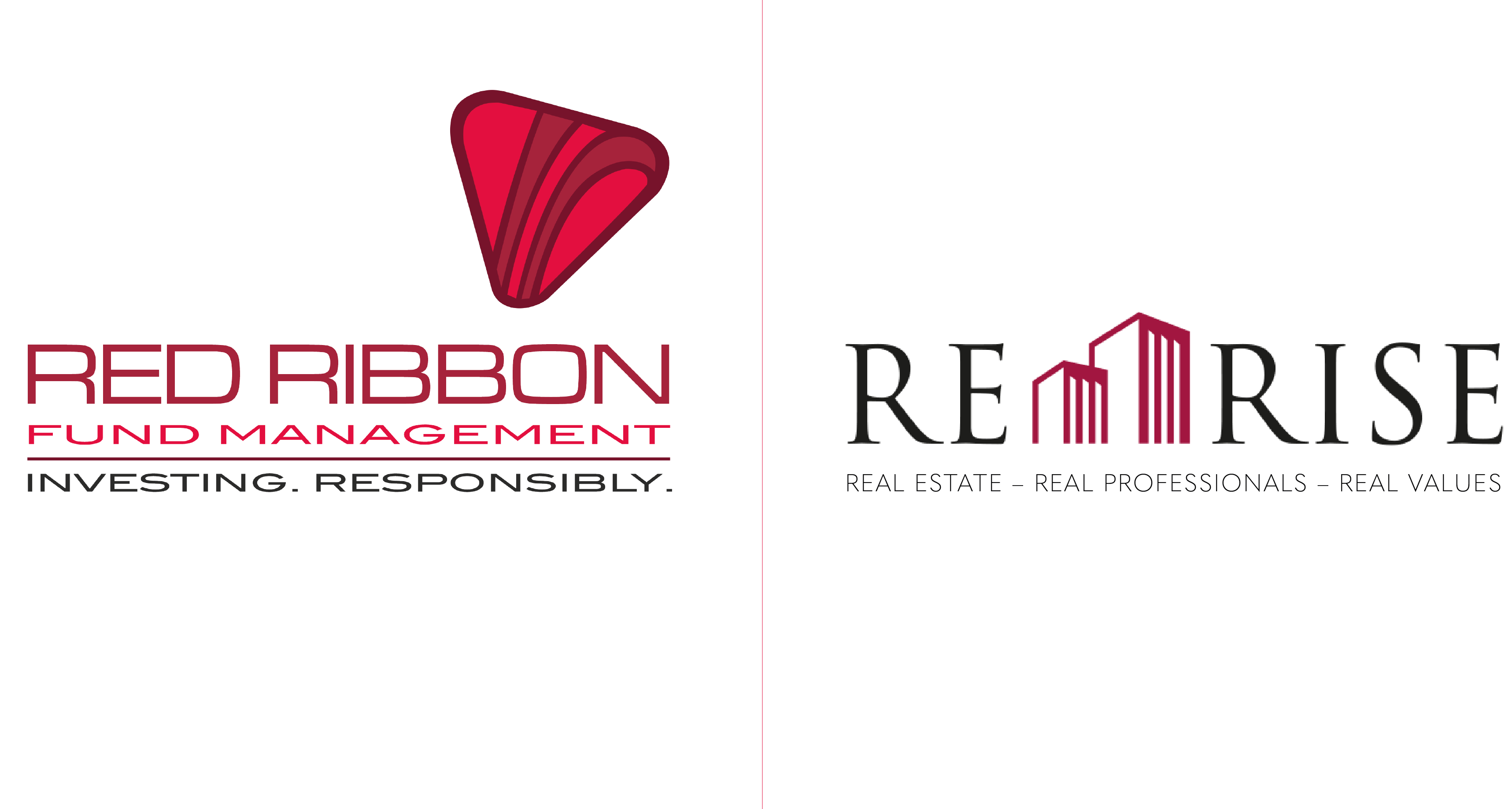Businesses that set out to minimise the negative impacts of their activities on the community, our society and on the environment at large are better equipped to be successful in the long term; actively structured to meet the demands of an increasingly social market without compromising on their capacity for commercial success. Indeed, these businesses are better able to succeed commercially precisely because they are responsive to this wider social setting.
That was the conclusion reached by last month’s report from the influential research team at Mckinsey which found that more than a quarter of assets now under management globally are being invested on the premise that environmental, social, and governance issues can significantly impact on a company’s long term performance; and given companies which embrace that same cultural mindset will usually perform better in the long term, that should all point to better short term investor returns too as well as a much more robust and resilient share price.
So it isn’t altogether surprising that the market at large is now starting to sit up and take notice of Mainstream Impact Investment strategies; the same strategies which have been at the heart of portfolio management at Red Ribbon Asset Management since the company was founded more than a decade ago.
Major global institutional investors adopting impact investment strategies include the Government Pension Investment Fund of Japan (the world’s largest, with AUM of over $1.1 Trillion), Norway’s Government Pension Fund Global and ABP, the Dutch State Pension Fund (which is the second largest in Europe). As the Mckinsey Report also points out, these behemoths of the investment world are not just switching course for ethical reasons alone: they are pursuing “a conventional investment aim of maximizing risk-adjusted returns”.
And the Report goes on: “…Sustainable investing has become a large and fast-growing major market segment. According to the Global Sustainable Investment Alliance, at the start of 2016, sustainable investments constituted 26 percent of assets that are professionally managed in Asia, Australia and New Zealand, Canada, Europe, and the United States ($22.89 trillion in total). Four years earlier, they were 21.5 percent of assets”.
As though to make that point good, the Government Investment Fund of Japan announced in July this year that it had selected three sustainability indices as future reference points for its passive investment in Japanese equities; and for its part, ABP had already announced that it would include as part of its cross portfolio investment criteria a reduction of carbon-emissions by 2020 of 25% as well as a commitment to invest at least €5 billion in renewable energy by the same date.
These trends are not just straws in the wind. They are all clear pointers to the future, supporting the new paradigm of Mainstream Impact Investment. And of course, the flip side is important too. Mainstream businesses that calibrate their activities so as to reduce their negative impacts on the community, society and the wider environment will also provide a long term, viable basis from which all three segments can flourish. It is the difference between a one off, short-term social project and an entirely new paradigm for society.
It is that important.
Red Ribbon CEO, Suchit Punnose said:
The influential research team at Mckinsey produced a major new report last month which found long term performance to be significantly affected by good environmental and social market performance, as well as a company’s capacity to deliver effective governance in both fields; and companies that perform well in the long term will usually do better in the short term too, which means compliance with all three criteria is likely to deliver better investor returns and a more robust share price for the company in the short term too. So its not altogether surprising that the market at large is now starting to sit up and take notice of Mainstream Impact Investment strategies; the same strategies which have been at the heart of portfolio management at Red Ribbon Asset Management since the company was founded more than a decade ago.
Read the Mckinsey Report here: https://www.mckinsey.com/industries/private-equity-and-principal-investors/our-insights/from-why-to-why-not-sustainable-investing-as-the-new-normal?cid=other-eml-alt-mip-mck-oth-1710
Read more about Mainstream Impact Investment here: reports.weforum.org/impact-investment/
Read about Red Ribbon Fund Management here: https://redribbon.co/




